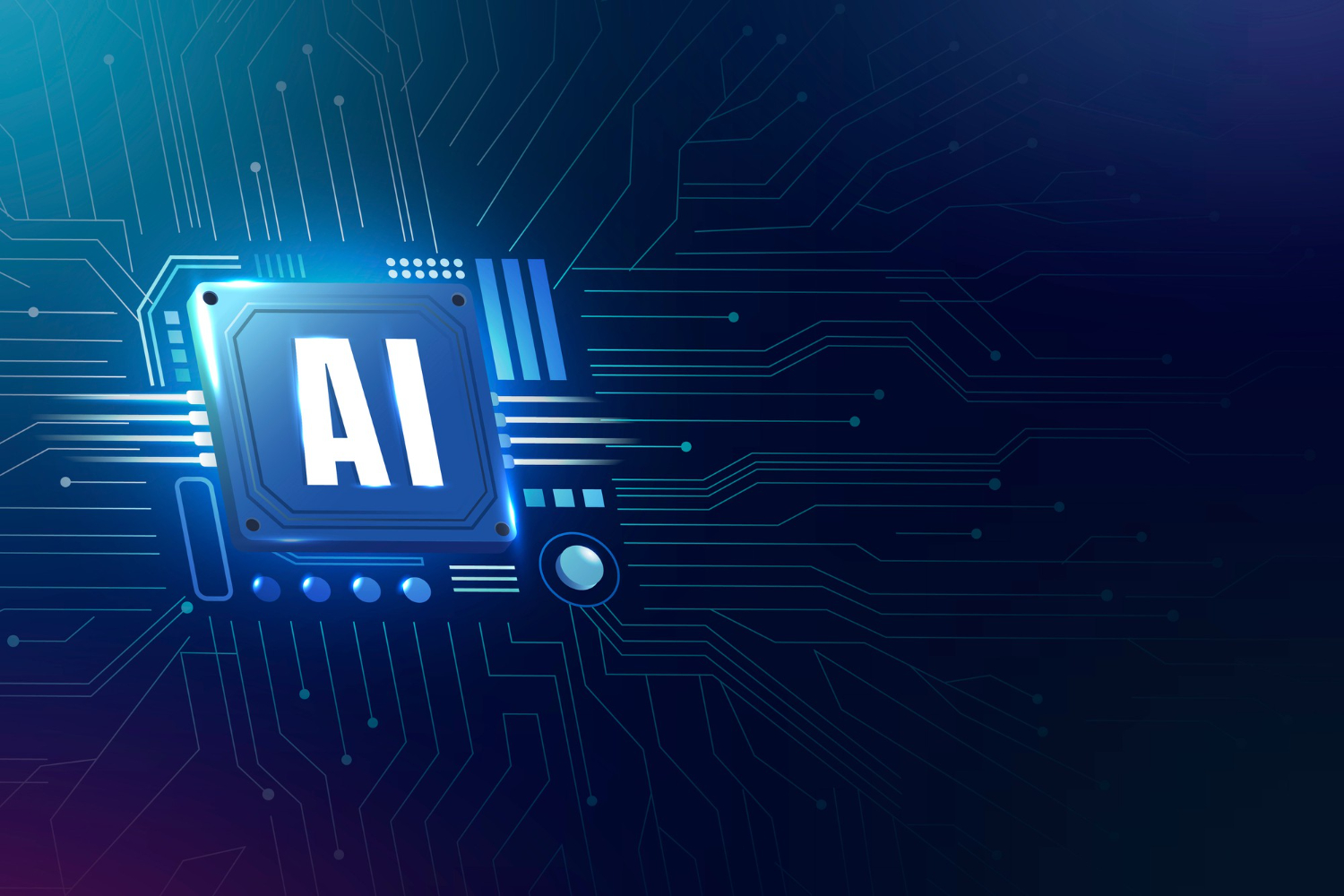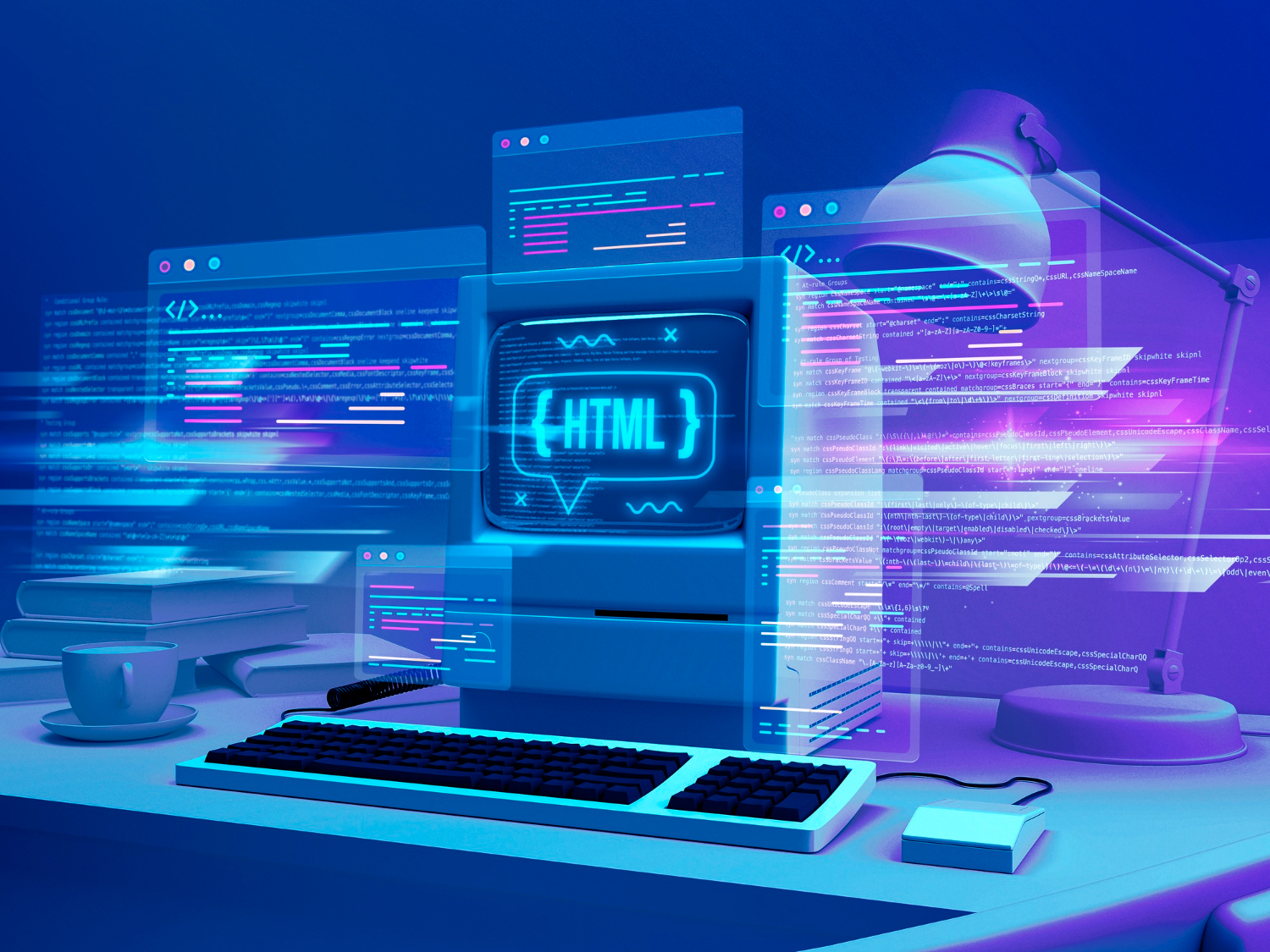12 Web Development Trends in 2024
The field of web development is constantly evolving, with new technologies and trends shaping how we interact with the digital world. Staying informed about these changes is crucial for developers to create cutting-edge web applications that provide exceptional user experiences.
1. The Rise of Progressive Web Apps (PWAs)
Progressive Web Apps (PWAs) are web applications that combine websites’ best features and mobile apps’ features. They offer benefits such as offline capabilities, fast loading times, and push notifications, enhancing user engagement and retention.
How PWAs are changing user experience on the web
PWAs are revolutionizing how users interact with web content by providing a seamless and immersive experience similar to native mobile apps. This shift towards PWAs is driven by their ability to deliver enhanced performance and accessibility on various devices.
2. The Impact of AI and Machine Learning
Artificial Intelligence (AI) and Machine Learning technologies are increasingly integrated into web development processes. These tools enable developers to automate tasks, personalize user experiences, and optimize web applications for better performance.
Personalization and user experience enhancements through machine learning
By leveraging AI and Machine Learning algorithms, developers can create personalized web experiences tailored to individual user preferences. These technologies analyze user data to deliver targeted content, making websites more engaging and user-friendly.
3. The Shift Towards Serverless Architectures
Serverless architectures eliminate the need for developers to manage infrastructure, allowing them to focus on writing code. This approach reduces costs, improves scalability, and enhances developer productivity in web application development.
Real-world applications of serverless architecture in web development
Companies are adopting serverless architectures to build highly scalable and resilient web applications. By outsourcing server management to cloud providers, developers can deploy applications faster and respond to changing demands more efficiently.
4. The Emergence of Voice Search Optimization
Voice search is becoming popular for users to access information online, prompting developers to optimize web applications for voice-enabled devices. By implementing voice search capabilities, websites can improve accessibility and user engagement.
Strategies for optimizing web applications for voice search
Developers can enhance web applications for voice search by optimizing content for natural language queries, integrating voice-activated commands, and improving website performance to deliver fast and accurate results. Embracing voice search optimization can set websites apart in an increasingly competitive digital landscape.
The Adoption of API-First Development
API-first development focuses on designing application programming interfaces (APIs) before developing the front end. This approach promotes reusability, scalability, and collaboration among development teams, leading to more efficient and flexible web application development.
How to implement an API-first strategy in your projects
Developers can implement an API-first strategy by designing comprehensive APIs that support various client applications, documenting API specifications for clarity and consistency, and embracing API management tools for monitoring and analyzing API performance. By prioritizing API design, developers can create robust and scalable web applications.
5.The Integration of Internet of Things (IoT) with Web Development
The Internet of Things (IoT) connects physical devices to the Internet, enabling them to send and receive data. Developers can create innovative applications that interact with smart devices and sensors in real-time by integrating IoT technologies with web development.
Examples of IoT applications in web development
IoT applications in web development include smart home systems, industrial automation, and wearable devices that collect and analyze data to provide personalized services. Developers can enhance user experiences and create interconnected digital ecosystems by leveraging IoT capabilities.
6.The Expansion of Cybersecurity Measures
Cybersecurity threats pose a significant risk to web applications, with increasing incidents of data breaches and cyberattacks. Developers must prioritize security measures to safeguard sensitive information and protect web applications from potential vulnerabilities.
Best practices for enhancing web application security
To enhance web application security, developers should implement encryption protocols, secure authentication mechanisms, regular security audits, and updates, and educate users about cybersecurity best practices. Developers can mitigate risks and build trust with users by adopting a proactive approach to cybersecurity.
7. The Popularity of Single-Page Applications (SPAs)
Single-page applications (SPAs) offer fast and seamless user experiences by loading content dynamically without refreshing the entire page. SPAs reduce loading times, improve interactivity, and enhance user engagement, making them popular for modern web development.
Limitations and considerations when building SPAs
Despite their benefits, SPAs have limitations, such as SEO challenges, initial loading times, and browser compatibility issues that developers must address. Developers can create responsive and user-friendly web applications by considering these factors and optimizing SPAs for performance.
8. The Utilization of Blockchain Technology
Blockchain technology provides secure and decentralized solutions for web applications, enabling transparent transactions, data integrity, and identity verification. By integrating blockchain into web development, developers can enhance security, privacy, and trust in digital interactions.
Use cases of blockchain in securing and optimizing web applications.
Blockchain applications in web development include cryptocurrency transactions, smart contracts, decentralized storage solutions, and identity management systems. By leveraging blockchain technology, developers can build tamper-proof and resilient web applications that protect user data and ensure transaction trust.
9. The Trend Towards Mobile-First Development
Mobile-first development prioritizes designing web applications for mobile devices before desktops, considering the increasing use of smartphones and tablets for online interactions. This approach ensures responsive and mobile-friendly web experiences for users on the go.
Benefits of adopting a mobile-first strategy in web development
Developers can improve website performance, increase usability, and enhance SEO rankings by adopting a mobile-first strategy. Mobile-optimized web applications offer faster loading times, intuitive navigation, and better user engagement, leading to higher conversion rates and user satisfaction.
10. The Emergence of Augmented Reality (AR) and Virtual Reality (VR) in Web Development
Augmented Reality (AR) and Virtual Reality (VR) technologies offer immersive and interactive experiences in web applications. By integrating AR and VR elements, developers can create engaging storytelling, product visualizations, and virtual tours that captivate users and drive engagement.
Examples of AR/VR integration into web applications
AR and VR applications in web development include virtual showrooms, interactive training modules, and 360-degree experiences that provide users unique and memorable interactions. By embracing AR and VR technologies, developers can deliver innovative and visually stunning web experiences.
11. The Importance of Content Management Systems (CMS)
Content Management Systems (CMS) have evolved to offer intuitive interfaces, responsive designs, and seamless integrations with third-party services. Modern CMS platforms like WordPress, Drupal, and Joomla provide developers with robust tools for effectively creating and managing web content.
How to choose the suitable CMS for your project
When choosing a CMS for a project, developers should consider factors like scalability, security, customization options, and community support. By evaluating the features and requirements of different CMS platforms, developers can select the right tool that aligns with their project goals and technical needs.
Conclusion
In conclusion, the web development landscape of 2024 is characterized by diverse trends and technologies shaping the future of digital experiences. From the rise of Progressive Web Apps and AI-driven development to the emergence of AR/VR technologies and mobile-first strategies, developers must adapt to changing industry standards and user expectations. By staying informed about the latest trends, acquiring new skills, and embracing innovation, developers can create dynamic and engaging web applications that provide value to users and drive business success. Remember, the key to success in web development lies in continuous learning and adaptation to the evolving digital landscape. Adapt and thrive in the ever-changing world of web development!





